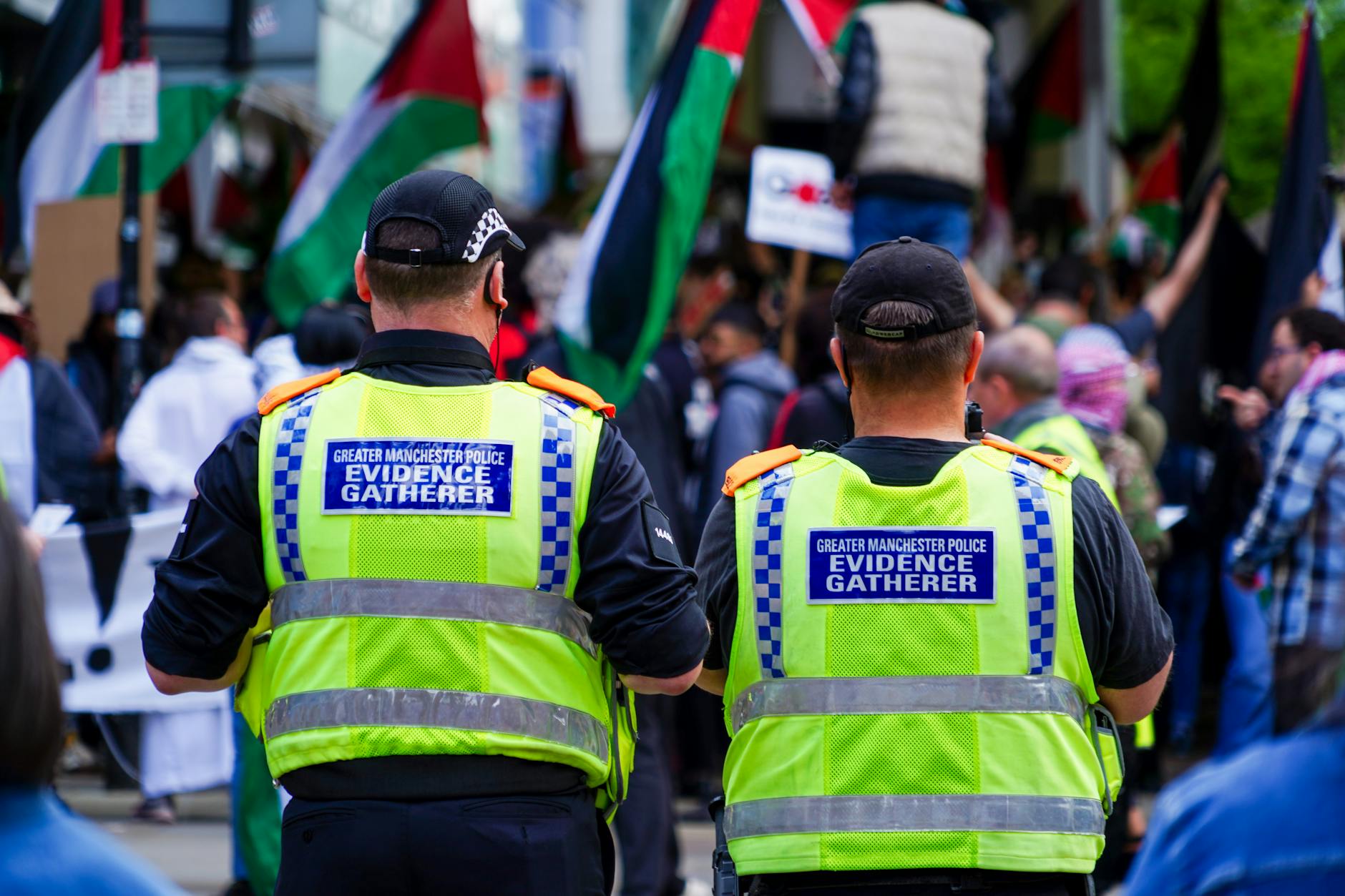Gen X Guide: What Cops Scope in Checks

As a member of Generation X, you've probably encountered a routine police check at some point during your life. Whether you're cruising down the highway or heading out for a late-night snack, understanding what officers are looking for during these inspections can help ensure your interactions go as smoothly as possible.
Introduction to Police Inspections
Routine police checks play a critical role in maintaining public safety and enforcing the law. These checks can occur anywhere, from roadside stops to public events, and they're designed to deter criminal activity and ensure that individuals are in compliance with the law.
What Officers Examine During Routine Checks
During a routine check, police officers are trained to observe and inspect several key items. Here is a breakdown of what cops typically scope out:
1. Vehicle Registration and Inspection Stickers
An officer's initial scan will likely include checking that your vehicle's registration and inspection stickers are up-to-date. They are usually located on your windshield or license plate, depending on your state's requirements.
2. Driver's License
If you're pulled over, the officer will ask for your driver's license to verify your identity and check for any outstanding warrants or driving restrictions.
3. Proof of Insurance
Most states require drivers to carry proof of insurance. An officer will check to make sure you have a valid policy should there be any incidents on the road.
4. Overall Vehicle Condition
Officers will also glance at your car's overall condition. This includes checking for any broken lights, overly tinted windows, defective equipment, or anything else that might violate vehicle code regulations.
5. Seatbelt Usage
Seatbelts save lives, and cops will make sure that all passengers are buckled up properly. This is a primary concern during traffic stops, as failure to wear a seatbelt can lead to a citation.
6. Signs of Impairment
Officers are trained to detect signs of impairment due to drugs or alcohol. This can include observing the driver's behavior, checking for the odor of alcohol, or scanning the vehicle for any illegal substances or paraphernalia.
7. Suspicious Activity
Police officers are always on the lookout for any signs of suspicious activity. Unusual behavior, the presence of burglary tools, or indications of illegal activity can prompt further investigation.
Important Tips for Handling Police Checks
-
Stay Calm: If you're pulled over, stay calm and be respectful to the officer. Sudden movements or a confrontational attitude can escalate the situation unnecessarily.
-
Keep Hands Visible: Keep your hands on the steering wheel where the officer can see them as they approach your vehicle.
-
Be Prepared: Have your driver's license, registration, and insurance information easily accessible. This shows preparedness and cooperation.
-
Understand Your Rights: Familiarize yourself with your legal rights when stopped by the police, but also be aware of the officer's lawful right to conduct routine checks.
-
Know When To Seek Help: If the stop leads to anything beyond a routine check or if you feel your rights have been violated, it may be prudent to contact an attorney for assistance.
Routine police checks are a part of driving and moving through public spaces. By understanding what officers are looking for and knowing how to conduct yourself, you can help ensure that these interactions are brief and uncomplicated. Stay safe, and remember that these checks aim to keep everyone secure on the road.